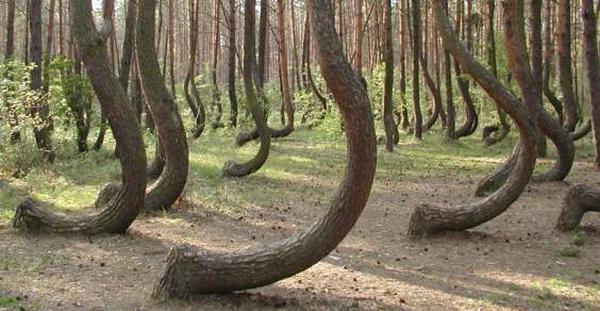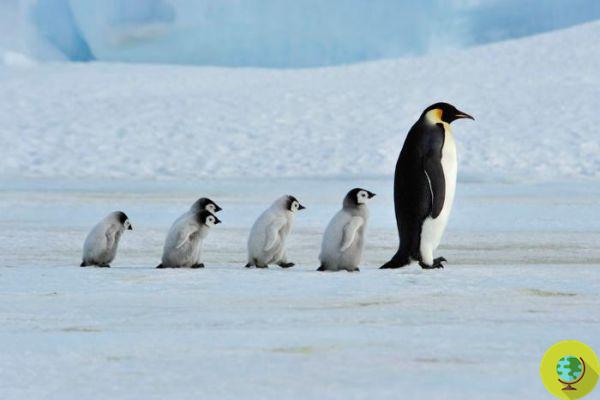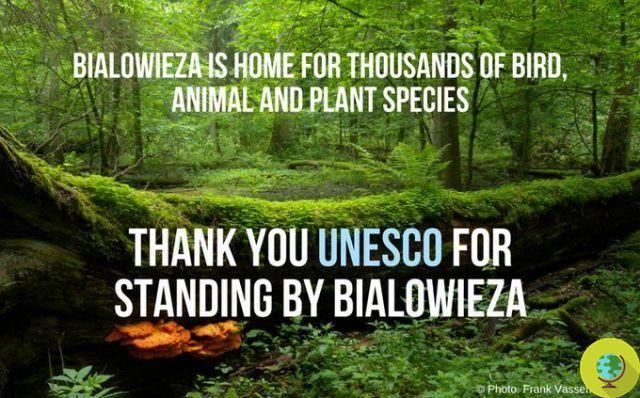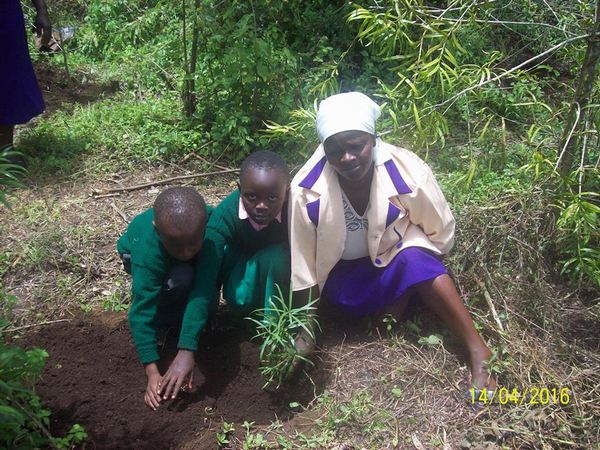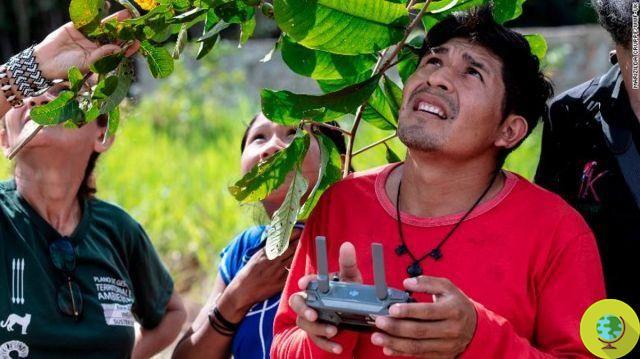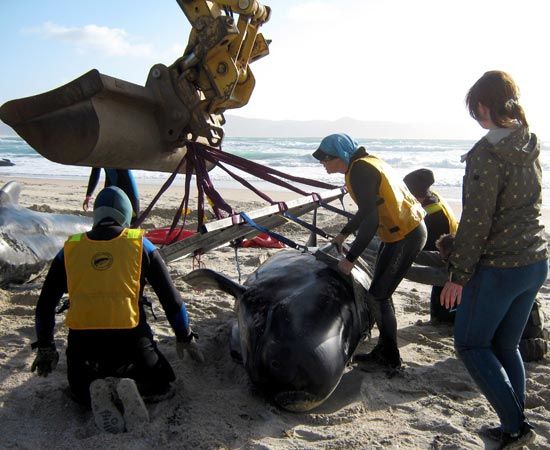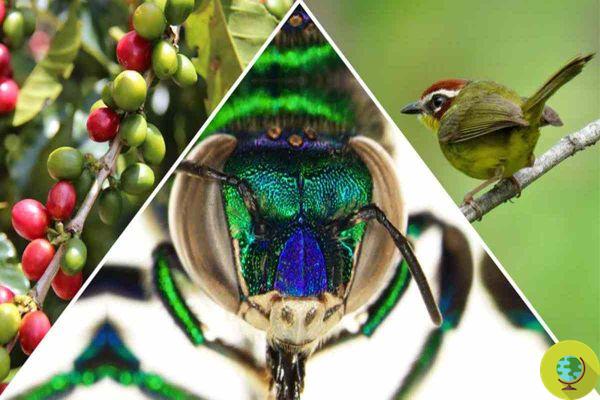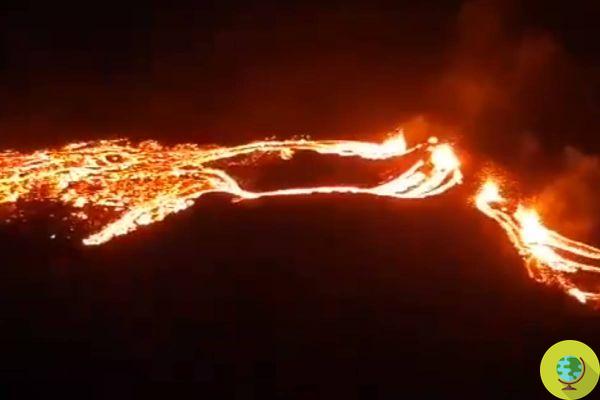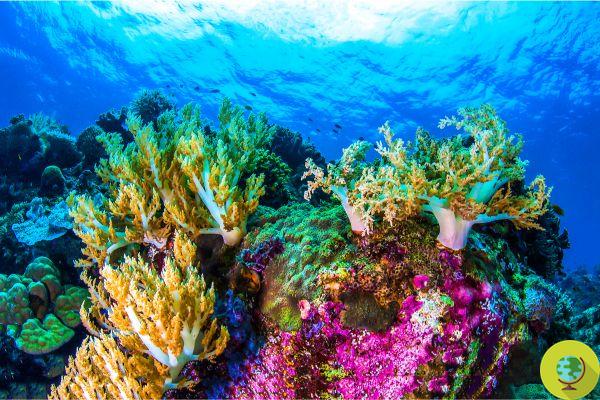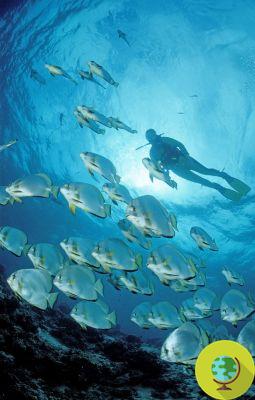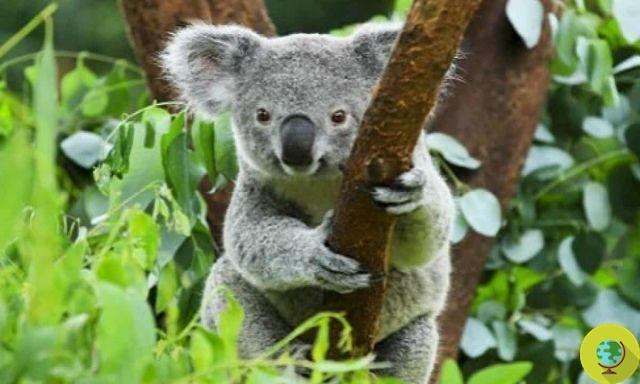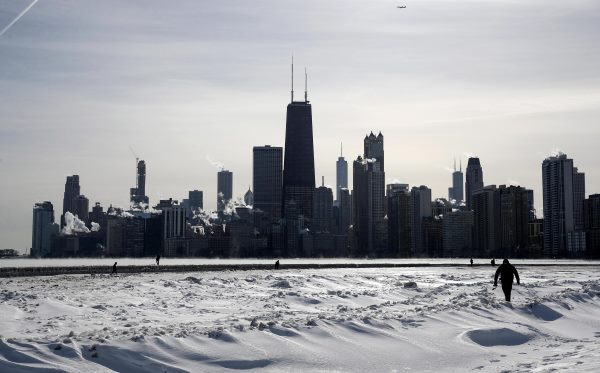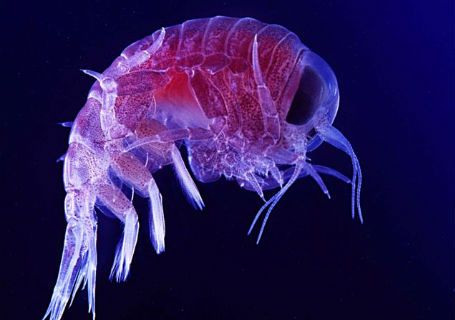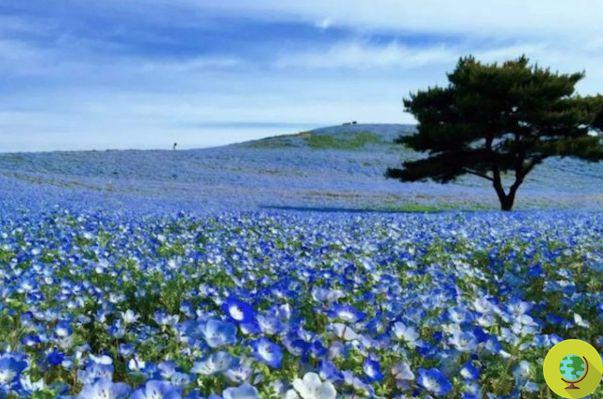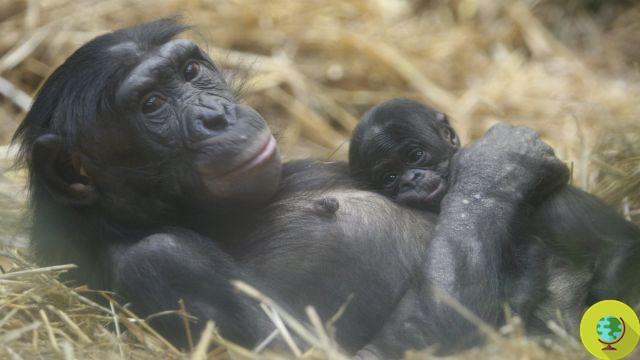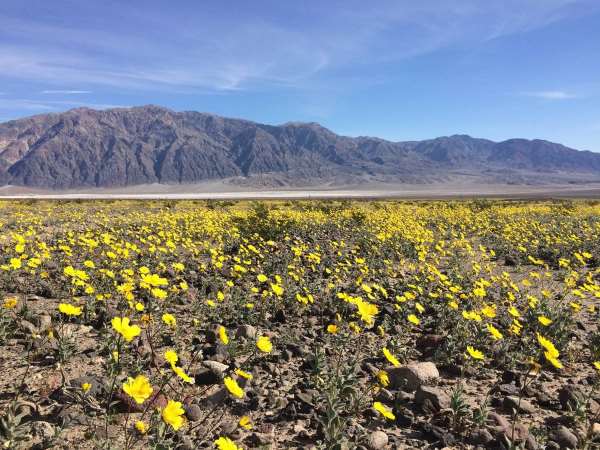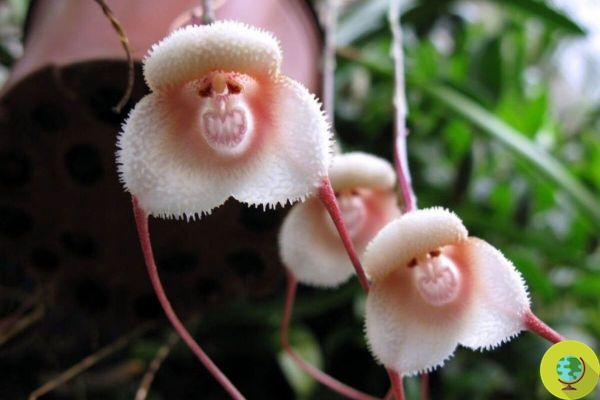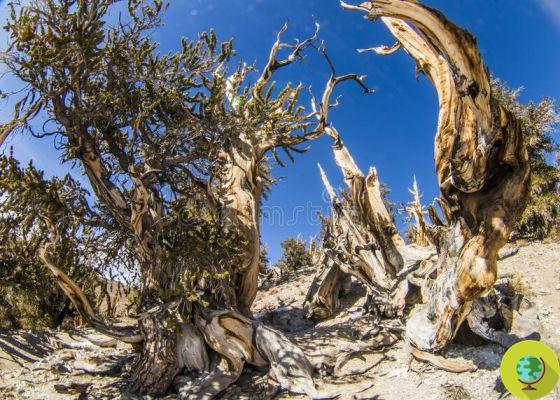The role of pollinating insects is now more fundamental than ever for the defense of biodiversity and wild plants
The role of pollinating insects is now more fundamental than ever for the defense of biodiversity: without their presence, wild plants would see their fertility reduce by up to 80%
An international study led by researchers from Stellenbosch University raises the alarm: lextinction of pollinating insects could severely compromise natural ecosystems and accelerate the loss of biodiversity. In fact, half of all flowering plants in the world (about 175.000 species) depend exclusively on pollinating animals for reproduction and, therefore, for survival: without the action of these animals, the death of these plants is not difficult to manage. to imagine.
This is the first study that aims to provide a global estimate of the importance of pollinators for plants in natural ecosystems: so far, in fact, the role of pollinating animals within ecosystems and their importance had not been fully understood. vital for the defense of biodiversity. There are plants in nature called self-fertile, that is able to self-fertilize and produce some seeds even without the help of pollinators, but also for these species the contribution of animals is fundamental.
After collecting in a single database the results of previous research and experiments on the role of animal pollination, which analyzed hundreds of plant populations from all continents, the study measured the production of seeds in the absence of pollinators and that made thanks to pollinators: without pollinators, one third of flowering plant species would not produce seeds and half would experience a reduction in fertility of 80% or more. Hence, self-fertilization is a widespread practice, but it certainly cannot make up for the lack of pollinating animals.
(Read also: Apocalypse of bees: 9% of pollinating insects risk extinction, according to the ISPRA report)
Due to the absence of pollinating animals, some species of wild plants have even become extinct, and this has caused an impoverishment of ecosystems: fewer pollinators in action means fewer plants, and this can mean scarcity of food for many animal species and also for man. Furthermore, plants that do not depend on the direct action of pollinators to proliferate - such as weeds and weeds - may spread more easily, taking the place of extinct plants. In short, it is a snake that bites its own tail: the fewer pollinating insects, the less the plants will produce pollen and nectar, and this will further decrease the number of pollinators.
But all is not lost yet, fortunately: the longevity of wild plants and the conservation of seeds inside the seed banks would allow the activation of a virtuous circle whereby, the proliferation of plants with nectar and pollen, could be followed by a return of pollinating animals not yet extinct.
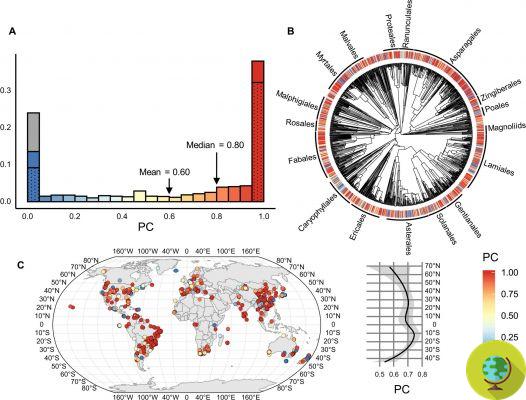
Contribution of pollinating insects to the flowering of plants and wild flowers in various areas of the world (@ Science Magazine)
Follow your Telegram | Instagram | Facebook | TikTok | Youtube
Source: Science Magazine
We also recommend:
- Pesticides are increasingly toxic and are killing bees, we need to save them NOW
- Without bees, fruit, coffee and chocolate will also disappear. Let's save them from pesticides every day
- Solar parks can help save bees by turning the land into a refuge for pollinators




